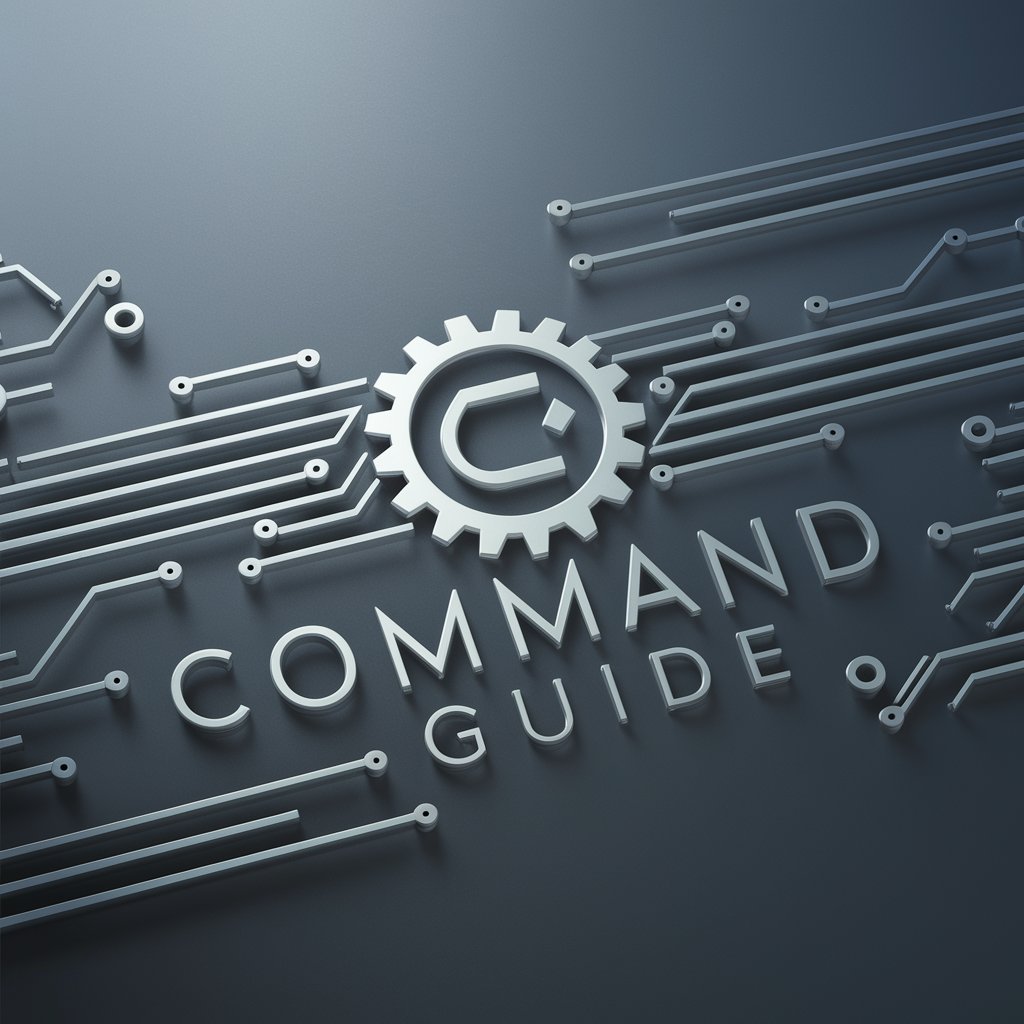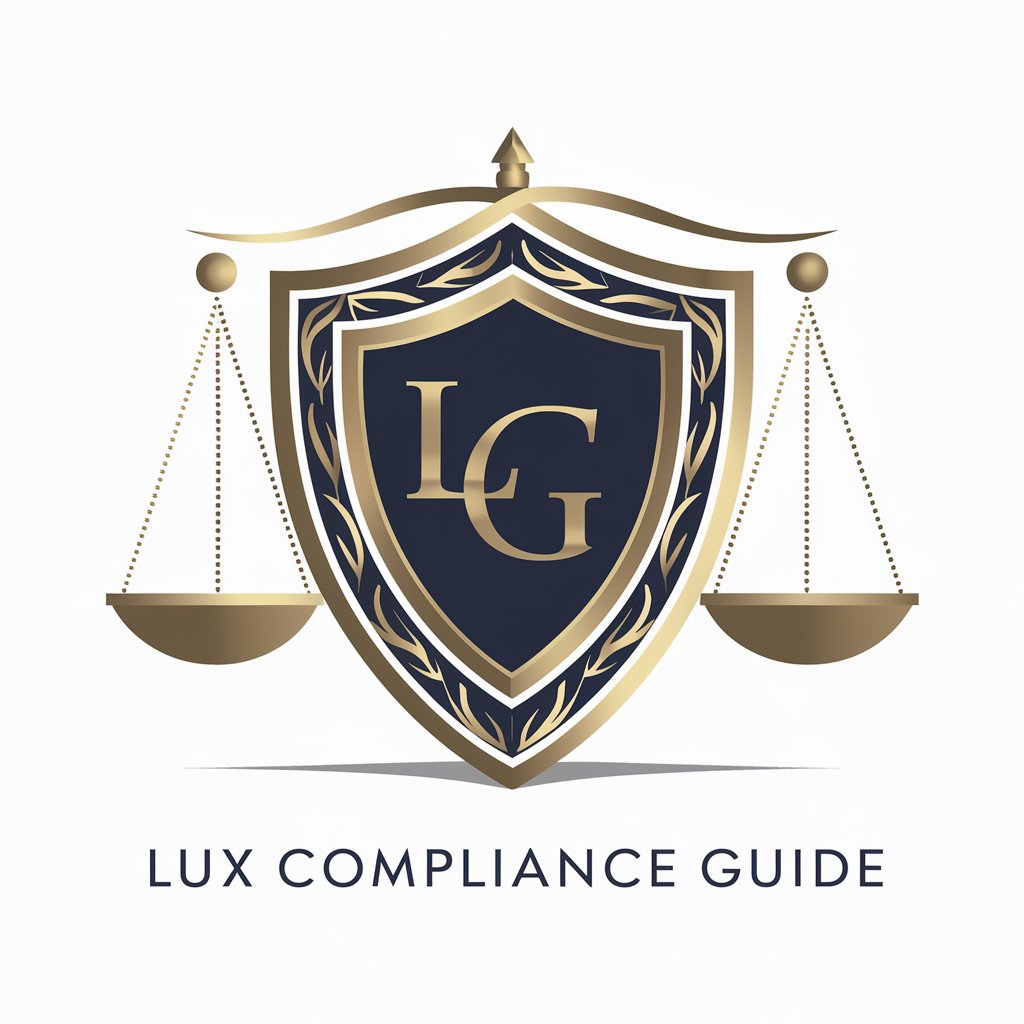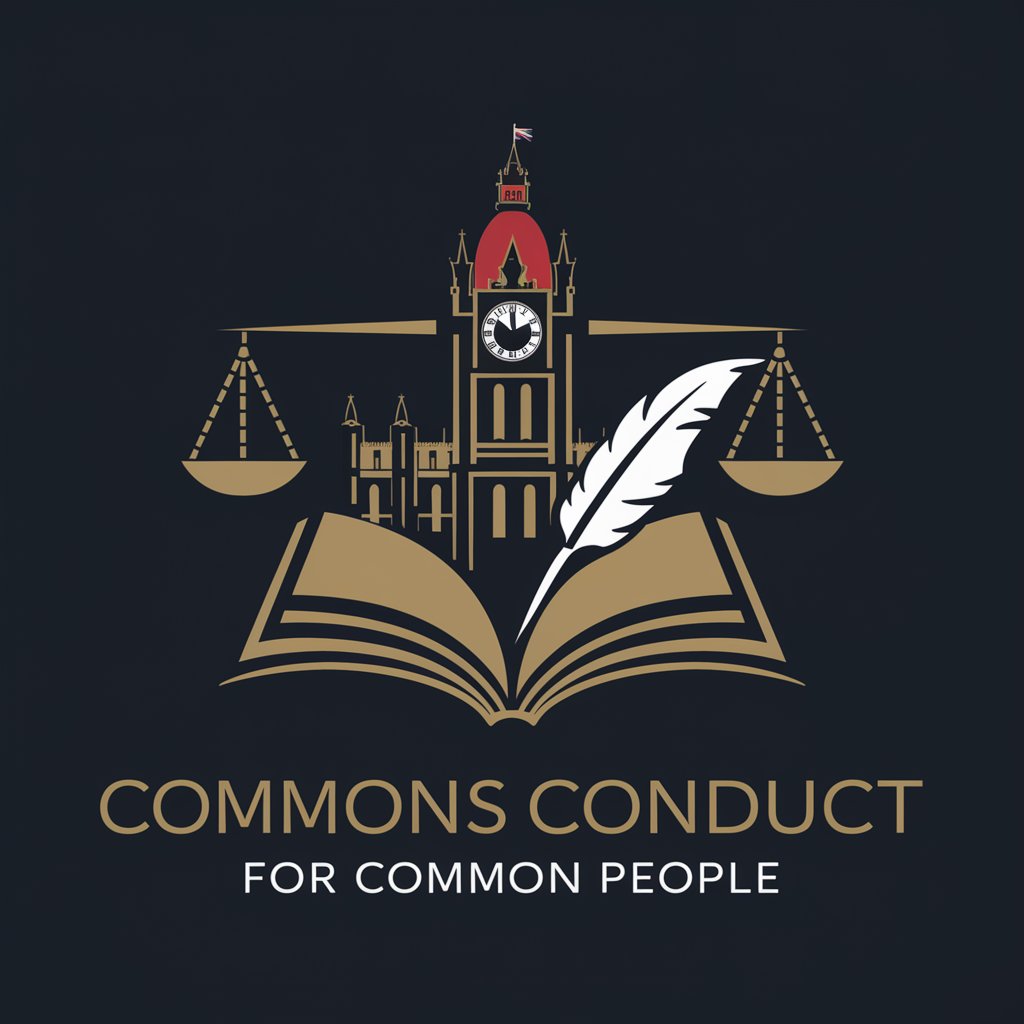
TMI Conduct Guide - Parent-Student Handbook Compliance

Hello! How can I assist you with TMI's code of conduct today?
Navigating handbook compliance with empathy and clarity.
A student was caught cheating, what do I say?
How to address a dress code violation?
Draft an email for a late homework issue.
Suggest response for a classroom disruption.
Get Embed Code
Introduction to TMI Conduct Guide
The TMI Conduct Guide is designed to assist in the communication between TMI Episcopal and parents regarding student infractions of the TMI Parent-Student Handbook. It identifies specific sections of the handbook relevant to the infraction, incorporates these into formal communications, and ensures all correspondences are clear, respectful, and maintain TMI's standards and values. For instance, if a student violates the dress code, the guide will pinpoint the exact page and section of the handbook detailing dress code expectations to include in the communication to parents. Powered by ChatGPT-4o。

Main Functions of TMI Conduct Guide
Handbook Infraction Identification
Example
Identifying the specific section and page of the TMI Parent-Student Handbook related to a student's infraction, such as unauthorized absence.
Scenario
When a student fails to attend a mandatory school event without permission, the guide will find the corresponding handbook section on attendance expectations to inform the communication to the student's parents.
Email Template Creation
Example
Crafting formal, empathetic email templates that include handbook citations for infractions like misuse of school technology.
Scenario
In a scenario where a student is caught misusing school technology, the guide will help draft an email to the parents, including the specific handbook rules about technology use, aiming for a constructive resolution.
Empathetic Tone Setting
Example
Ensuring communications strike a balance between upholding TMI's standards and showing understanding towards the student's situation.
Scenario
If a student engages in bullying, the guide assists in composing a message that addresses the seriousness of the infraction while also expressing a willingness to support the student's improvement and understanding of the impact of their actions.
Ideal Users of TMI Conduct Guide Services
School Administrators
School leaders who manage student discipline and communications with parents, benefiting from streamlined, consistent, and respectful messaging.
House Parents
Residential staff who oversee student life outside the classroom, utilizing the guide for clear communication on residential life infractions.
Teachers
Educators who encounter classroom infractions can use the guide to ensure their communications with parents align with school policies and maintain a positive tone.

How to Use TMI Conduct Guide
Start with YesChat.ai
Begin your journey by visiting yeschat.ai, where you can explore the tool without the need for ChatGPT Plus or any login, offering a hassle-free trial experience.
Understand the Handbook
Familiarize yourself with the TMI Parent-Student Handbook and other related documents to understand the context and guidelines for communications.
Identify the Issue
Pinpoint the specific incident or behavior that violated the handbook rules, ensuring clarity and accuracy in the situation's description.
Draft the Communication
Use the guide to draft formal, empathetic, and hopeful communications to parents, incorporating the relevant handbook section and page number.
Review and Send
Carefully review the communication for clarity and adherence to TMI values before sending it to the parents, maintaining professionalism and respect.
Try other advanced and practical GPTs
Judicial Conduct Assistant (JCIO)
Empowering Legal Integrity with AI

OKC Public Schools Code of Conduct Assistant
Navigating School Conduct with AI

Supplier Code of Conduct Analyst
AI-powered Compliance Insight

Website Scraper
Seamless text extraction, powered by AI.

Website-Analyzer
Optimize your website with AI-powered insights

Website designer - logos, website, email template
Craft Your Digital Identity with AI

Code Conductor
Elevating Code with AI Insight

Feedback GPT 🔍
Empowering recruitment with AI-driven insights

Job Essentials GPT 🔍
Simplify hiring with AI-powered job summaries.

なんでも答えるフクロウくん
Unlock knowledge and creativity with AI

Sue Mary (analyse and summary)
Elevating Analysis with AI-Powered Insights

Peggy Sue Password
Crafting Your Cybersecurity Shield

Q&A about TMI Conduct Guide
What is the TMI Conduct Guide?
The TMI Conduct Guide assists in creating formal communications to parents regarding student handbook violations, emphasizing adherence to TMI's standards and values.
How does the TMI Conduct Guide ensure accuracy in communications?
It cross-references incidents with the TMI Parent-Student Handbook, ensuring communications accurately reflect the relevant sections and page numbers for the infraction.
Can the TMI Conduct Guide handle various types of handbook violations?
Yes, the guide is designed to address a range of violations, from minor infractions to major issues, by providing tailored communication advice for each scenario.
How does the TMI Conduct Guide maintain a respectful tone in communications?
The guide emphasizes the importance of formal, empathetic language that reflects TMI’s commitment to nurturing and discipline, ensuring parents feel respected and involved.
Can the guide be used for proactive communication strategies?
While primarily focused on addressing handbook violations, the guide's principles of clear, respectful communication can be adapted for more proactive, positive engagements with parents.





